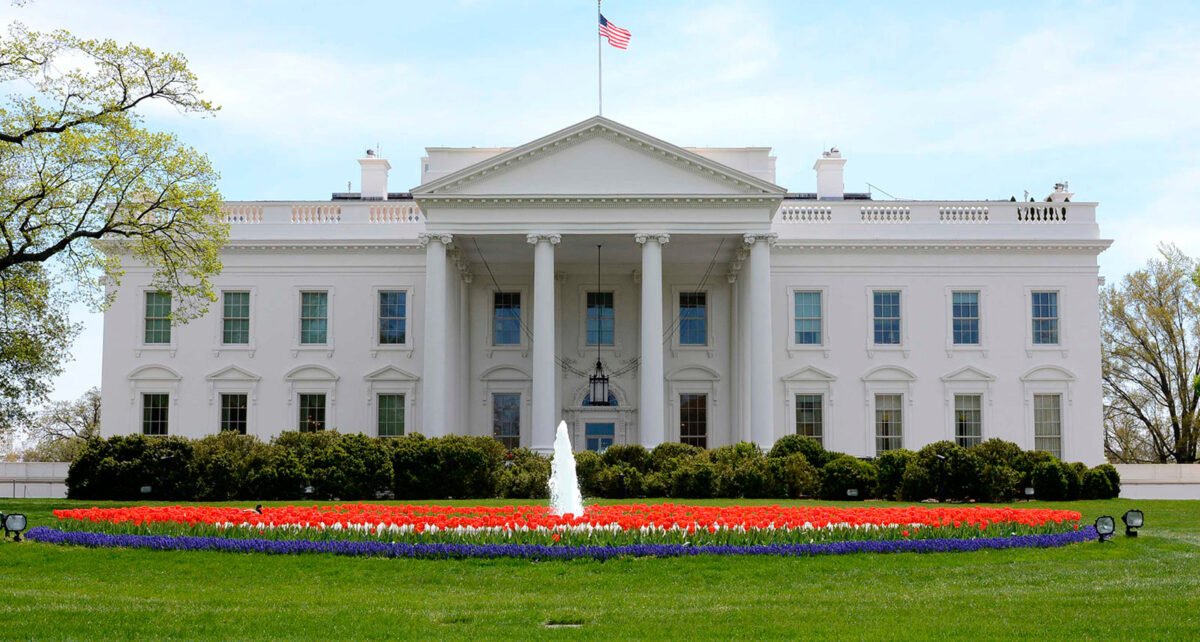President Biden believes that every American deserves access to affordable, high-quality health care. It’s unacceptable that Americans pay two to three times more than people in other countries for the same prescription drugs. That’s why the Biden-Harris Administration has made it a priority to bring down prices across the pharmaceutical drug supply chain.
Yesterday, senior officials from across the Administration including National Economic Advisor Lael Brainard, Domestic Policy Advisor Neera Tanden, Secretary of Health and Human Services Xavier Becerra, and Chair of the Federal Trade Commission Lina Khan convened a listening session with leaders from across state government, the private sector, and community pharmacies to discuss President Biden’s work to lower health care costs and hear ideas for bringing transparency to prescription drug middlemen. The participants highlighted reforms that could promote transparency and competition in pharmaceutical markets, support independent pharmacies, and lower drug costs.
Participants discussed a range of approaches that have been used to bring down costs across states and private employers. Governor Beshear of Kentucky described his work to bring down prescription drug costs in Kentucky, saving Kentucky $300 million in pharmaceutical expenditures. Participants also highlighted how PBM transparency can provide tangible benefits for communities. For example, Dr. Dared Price, who runs a transparent PBM in Kansas, explained that transparency enabled one local employer to save $450,000 annually.
Participants also discussed flaws in the current marketplace. Mark Cuban and Dr. Alex Oshmyansky, co-founders of Cost-Plus Drugs, discussed the importance of transparency and described ways in which some middlemen may markup drug prices and distort market competition. Sandra Clarke of Blue Shield California explained why more transparency is needed in the market and how some dominant middlemen block lower-priced drugs, including generics and biosimilars, from reaching patients.
Several participants also highlighted how middlemen can affect independent pharmacies. Dr. Chichi Ilonzo Momah explained how she and many other community pharmacists get squeezed, putting businesses that many folks depend on at risk of closing. Drs. Price and Momah also explained the personal toll this takes on the patients they serve.
President Biden has taken a number of steps to lower health care costs. As a result of the Inflation Reduction Act, Medicare now for the first time has the authority to negotiate drug prices which could save millions of seniors and people with disabilities money on some of the most expensive prescription drugs on the market. New, negotiated prices for the first set of prescription drugs selected for the negotiation program are scheduled to be announced in September, and all companies are participating in negotiation. Additionally, millions of Medicare recipients with diabetes are already benefitting from the $35 cap for a month’s supply of insulin. Meanwhile, millions of Americans are saving about $800 annually on their health insurance premiums. And seniors that took the 47 drugs covered by Medicare Part B that hiked prices faster than inflation in 2023 had lower coinsurance, with some enrollees saving as much as $618 per dose. As part of its ongoing work, the Administration will continue to move quickly to lower drug prices; increase transparency in drug pricing, including around middlemen; and promote competition in healthcare markets.




















